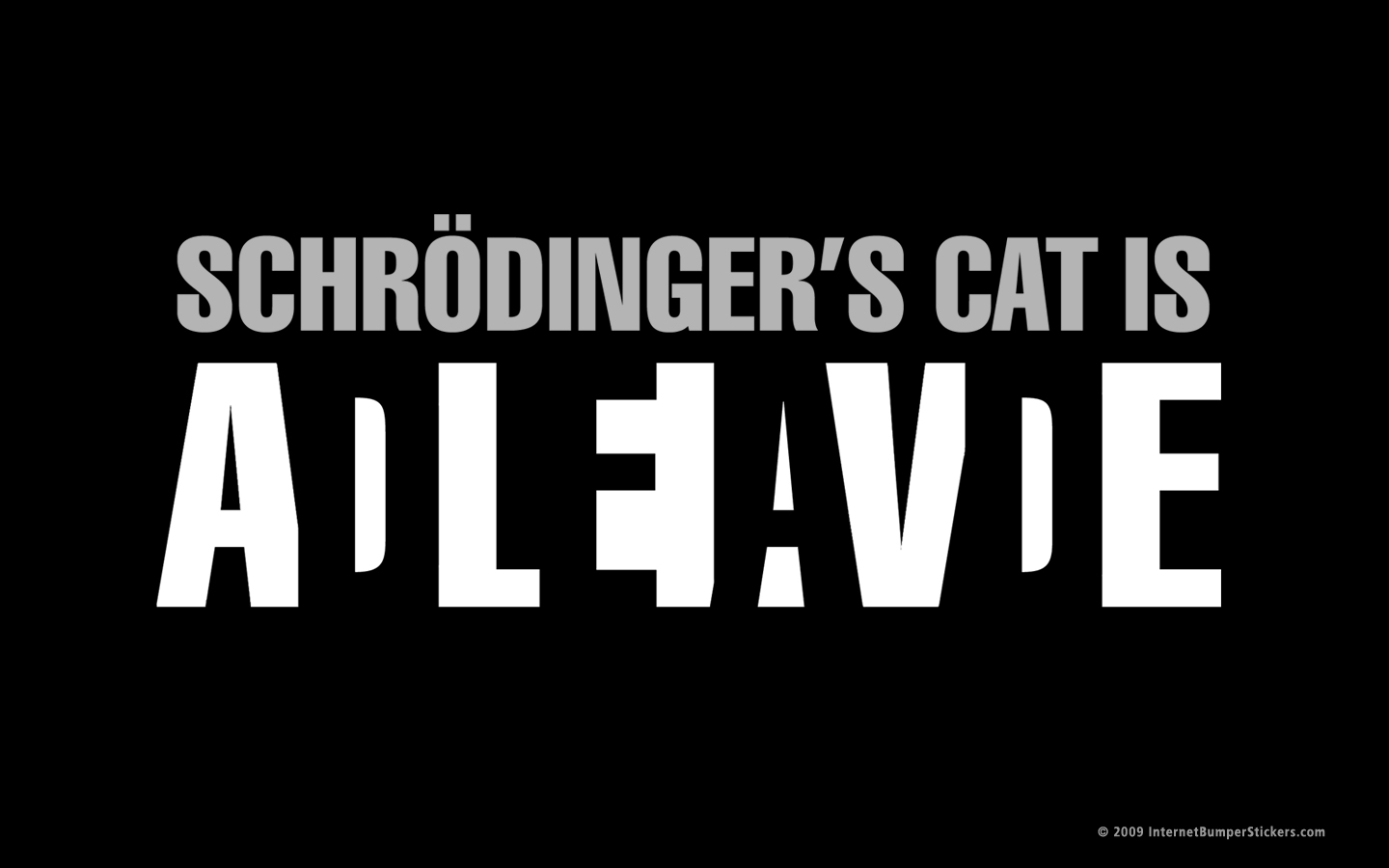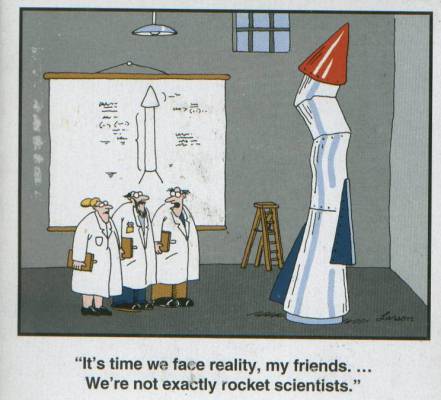- Joined
- Oct 22, 2010
- Messages
- 62,851
I've little-to-no idea about the subject but I found the following article interesting (sensational as it is), particularly the notion that merely observing subatomic particles actually alters 'events'. Of course, being the Romantic twit that I am, I wondered if this has implications for all sorts of phenomena...
Could studying the universe destroy it?
Knowledge is power - or at least that’s what we’ve been led to believe. But knowing too much could accidentally trigger a countdown to Armageddon, according to two U.S. physicists. The theory suggests we may have nudged the universe closer to its death just by looking at it...
http://www.dailymail.co.uk/sciencet...tion-cosmos-end-quantum-theories-correct.html




